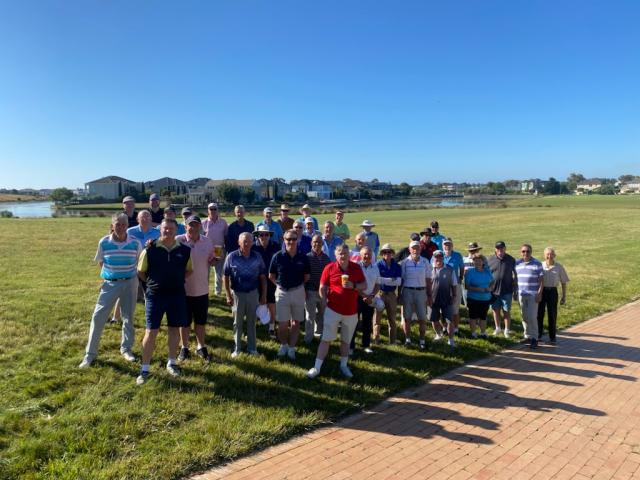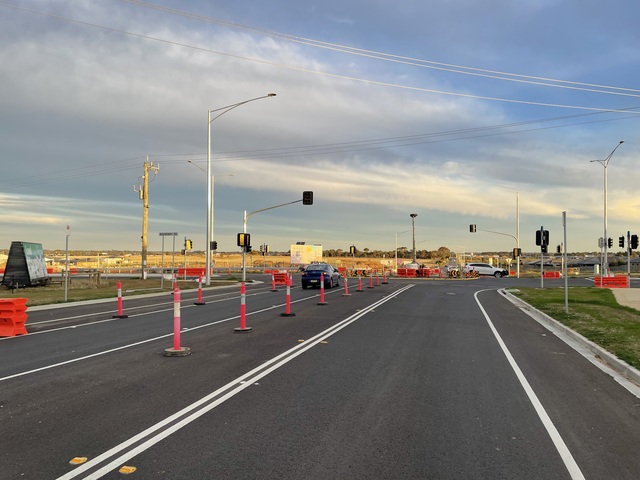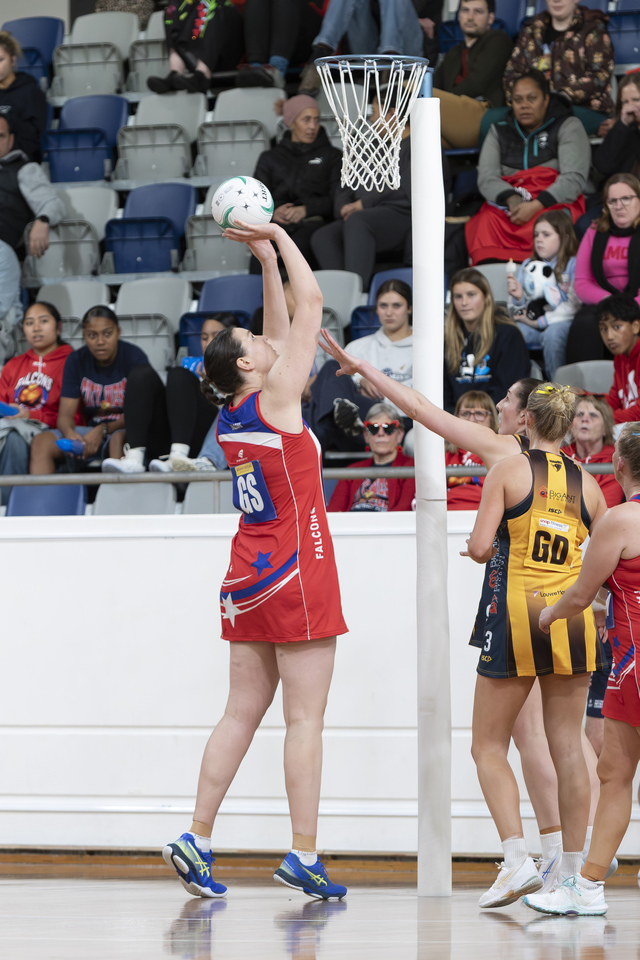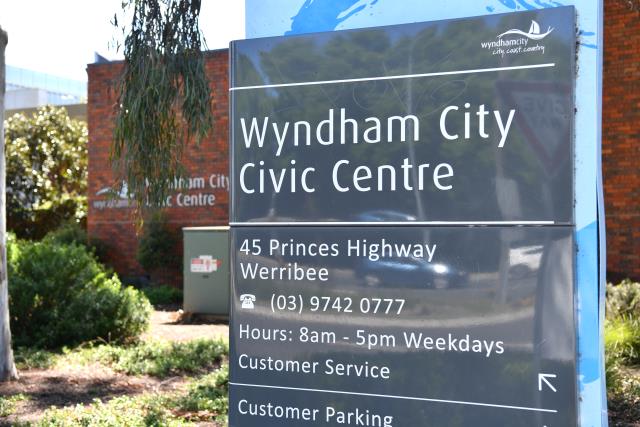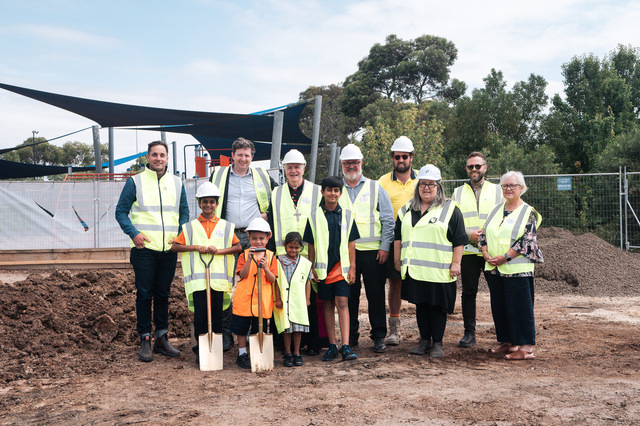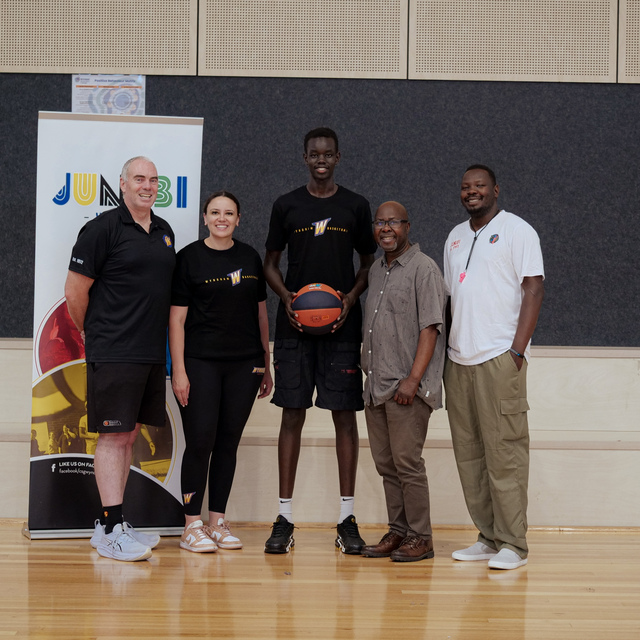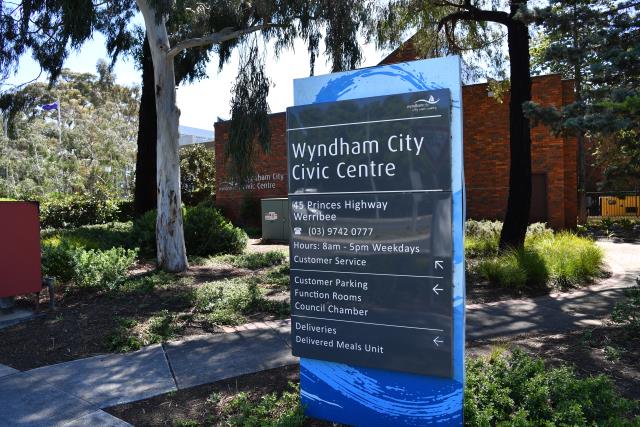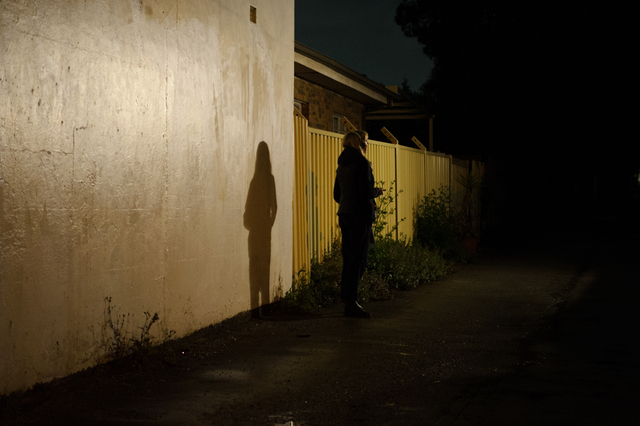Efforts by the Sanctuary Lakes Golf Club to help older members remain connected during this year’s COVID-19 lockdowns yielded some unexpectedly touching results.
Club chair David Hunter said the club aimed to focus as much on the needs of members as much as the sport itself.
Sanctuary Lakes manager Shaun Bakker said that lockdown “was a really difficult time” for many club members, including the older players who live alone and rely on golf for their main source of social contact.
To help keep them keep in touch during lockdown, a social email site – where members could post messages about any issue they thought might be of interest – was formed.
The members also started holding weekly Zoom meetings.
Sanctuary Lakes veterans’ group co-ordinator Chris Gibbons said the members talked about matters including vaccinations, coping with living in isolation and men’s health issues.
One of the older club regulars, Andrew, was diagnosed with a rare disease that causes inflammation in all muscles of the body, during lockdown.
His condition ended up becoming particularly severe because he delayed going to a doctor and had incorrectly self-diagnosed his condition as severe arthritis.
It was only after Andrew collapsed in his house and was taken to hospital, that he received the correct diagnosis and commenced treatment.
Andrew said he was initially reluctant to share his experience on the club forum, but he did so with some encouragement.
“I posted my initial email with the idea of helping others,” he said.
“A pretty simple message really: ‘Do what Andrew says, don’t do what Andrew did – listen to your body and go to a doctor’.”
Andrew said the response to his story was “immediate and overwhelming”.
“I was inundated with emails, phone calls, messages, whatever, my fellow golfers, – all expressing concern and showing support of my recovery,” he said.
“But on top of that great response, something totally unexpected happened.”
A fellow club member reached out to Andrew to say that he has the same disease, as did his father.
“His experiences, and those of his father, different approaches to control of the condition and the like, was exactly what I needed to hear,” Andrew said.

